Building Bridges with Bat Boxes
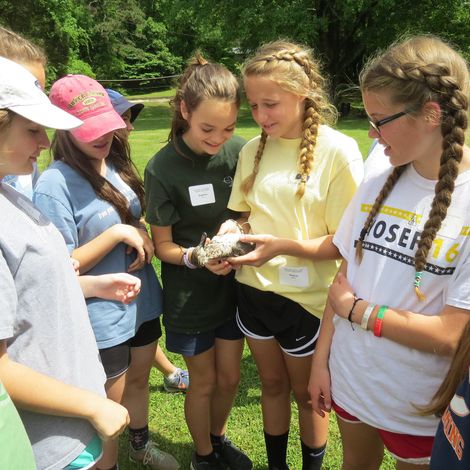
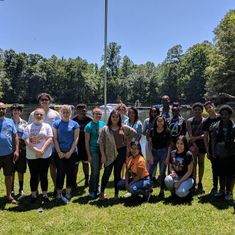
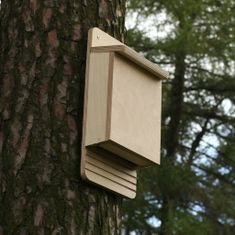
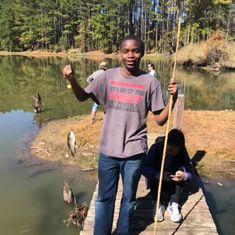
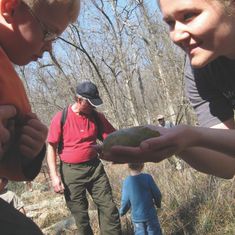
Bats perform crucial services to both their ecosystems and the human environment. A NC Wildlife Resources Commission report estimated that pest control by bats saved the corn industry $1 billion annually, and their pollination services to agriculture have become all the more crucial as other pollinators such as bees face pressures. In a similar vein, bats help natural communities thrive by increasing genetic diversity, recycling nutrients, and keeping pest populations in check. But bats, like pollinators, are increasingly imperiled by widespread habitat loss, infectious disease, and persecution by humans. Now more than ever, local bat populations need our help to restore their lost habitat. We need to take action and teach people about the importance of the conservation of bats and other vulnerable species. The future of our diverse ecosystems and healthy farms depend on it.
Our project, Building Bridges with Bat Boxes, accomplishes these objectives by building and installing bat boxes on our already-conserved lands in North Carolina, while engaging the community in real, hands-on conservation education. Three Rivers Land Trust staff and volunteers will build the bat boxes. They will then be installed by student volunteers on our conserved lands by way of our partnerships with schools through the Leopold Society. Students will help install the boxes during an outdoor education day, where they will learn about bat and wildlife conservation and practice skills such as wildlife observation, forestry, building, hiking, and navigation in the process.
The Leopold Society is an initiative by Three Rivers Land Trust to promote a lifelong love of nature among youth in grades 6 through 12 through hands-on outdoor education both during and outside of class time. We work with schools to establish chapters, where students in learn outdoor skills and natural stewardship techniques, collaborate with family and the community, and complete a service project.